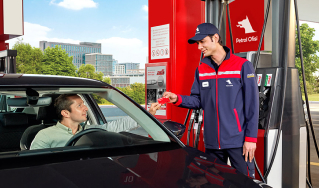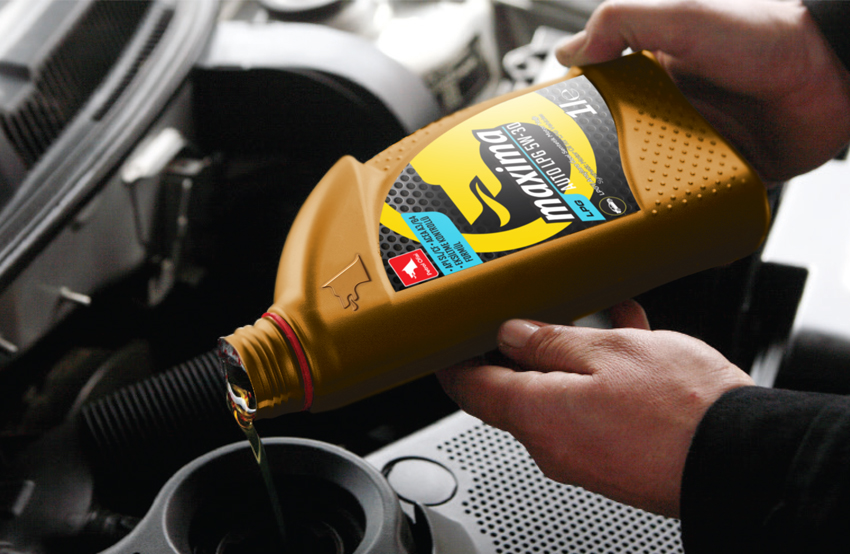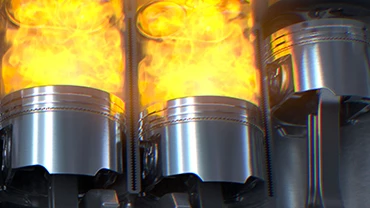When you decide on a vehicle, inspect it thoroughly before finalizing the purchase. Check for any damage, repainting, or rust on the body and paintwork. Examine the interior for wear or dirt, listen to the engine while it is running, and check for unusual sounds or exhaust smoke. Inspect the condition of the tires and braking system.
Test the car’s overall driving performance, including handling, braking, and steering response. If possible, drive it under different road conditions (city and highway) and test different driving modes such as sport, comfort, or eco.
Get a professional inspection from a trusted auto appraisal service. Carefully review the inspection report to learn about the car’s accident history, mechanical condition, and any potential issues. This report will also help you assess the vehicle’s true market value and strengthen your position when negotiating.
Ensure that all documents — including the registration, tax record, insurance, and inspection certificates — are complete and valid. Run a Tramer inquiry to check the car’s accident and damage records.
Read the sales contract carefully and make sure you understand every clause before signing. Always complete the title transfer through a notary before making payment. Do not forget to bring all the required documents for the transfer process.
Documents Required When Buying a Used Car:
Sales contract: Must be notarized.
Vehicle registration document: Required for the transfer.
Tax clearance certificate: Confirms there is no outstanding MTV (motor vehicle tax) debt.
Traffic insurance: Must be arranged before registration.
Identification: Photocopies of both the buyer’s and the seller’s IDs.
Additional Tips: Research the seller whenever possible and make sure you are buying from a trustworthy source. Do not hesitate to negotiate the price based on the inspection report and market rates. Make sure to obtain the most suitable traffic insurance for your vehicle. Check whether the car has received regular maintenance and review its service history. Remember — taking your time and paying attention to every detail is key when buying a used car. By following these steps, you can make an informed decision and minimize the risk of fraud.





